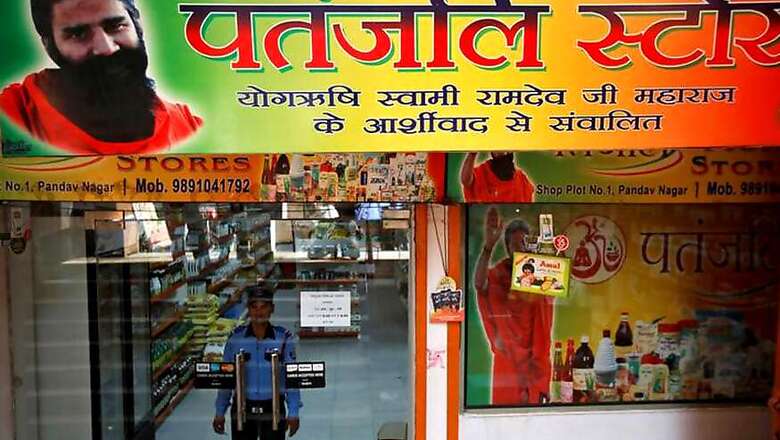With the World Looking Out for Covid-19 Cure, Why Coronil Announcement Can be a Big Blow to Ayurveda

views
To date, the total number of coronavirus disease infections have crossed 12 million mark and caused the death of more than half million people worldwide. In spite of global efforts, there is no definitive treatment for the disease despite the multiple claims that have created controversy in the past few months.
Antiviral therapy, chloroquine or hydroxychloroquine alone or in combination with Azithromycin, Convalescent Plasma therapy have been tried for treatment of Covid-19 but no trial has been able to show a reduction of the viral load and/or symptoms. Preventing infection is still the best available medicine in view of no standard treatment or vaccine.
Looking at the infectivity and severity of Covid-19, Ministry of AYUSH (Ayurveda, Yoga & Naturopathy, Unani, Siddha and Homoeopathy), Government of India suggested measures that includes the use of homoeopathic medicine ‘Arsenic Album 30C’, Ayurveda preparations such as ‘Kadha’ (Ginger, curcumin, cloves, honey, fennel seeds, cumin seeds) and lukewarm water as an immunity booster.
Preliminary data from researchers at the University of Oxford have reported a 35% reduction in death of patients receiving mechanical ventilation. Results which have given us all much needed reason to celebrate. Multiple vaccine trials are ongoing and are currently our best hope for the management/eradication of the virus.
Patanjali, an Ayurvedic drugs manufacturer in India launched Coronil, an Ayurvedic drug to treat Covid-19 on June 23. The launch was based on their placebo controlled clinical trial results on 95 Covid-19 positive patients aged between 15-59 years, out of which 69 per cent were cured within three days, and 100 percent within seven days.
The results also claimed to reduce hsCRP and IL-6 levels in the treatment group and showed weaker IL-6 response, which would indicate a lesser chance of a cytokine storm, a complication which has had such devastating outcomes for patients.
Coronil is made of the extracts of pure Giloy, Tulsi and Ashwagandha. It is in fact a similar composition to Kadha, which is recommended to use as an immune booster by Government authorities.
Given the intense global interest in all reported treatments of Covid-19, Coronil inevitably started trending on Twitter straight after Patanjali held a media launch of the product as a Covid-19 cure.
The medical community immediately raised flags of concern over the veracity of the company’s claims. Questions focused on the patient selections for the trials, which may have biased outcomes in the treatment group.
Wishing to avoid another false start in the search for a cure, the Ministry of AYUSH quickly asked the manufactures to furnish details of the study and banned the advertising or publicizing such claims until the issue could be duly examined.
Sadly this new claim of treating Covid-19 with an Ayurvedic drug has raised many hopes but the manufacturers have been unable to provide substantive answers on the composition of the drug, sample size, patient selection, study design, place of study, drug dosing, result validation, prior approval to conduct trial and ethical clearances.
Such promising results have naturally caused a media sensation in India, but without the supporting evidence that these steps have been followed it is another false dawn for Corona patients. When taking in the bigger picture, it is a sad fact that Ayurveda medicine will be viewed from a Western perspective with immediately skeptical eyes. Clinical trials conducted in this space have a duty to follow standard protocols, otherwise complementary and alternative medicine will be potentially irreversibly damaged and harm the rich history of Ayurveda and reputation of this science of Indian Origin.
This pandemic has united the world irrespective of caste, creed and religion and reminded us of the importance of collaborations. If the claim regarding Coronil for treatment of COVID-19 is not found to be correct after verification, this will be a big blow to the credibility of scientific research in India especially Ayurvedic research.
(With inputs from Deepak Saini and Karen Watts)




















Comments
0 comment